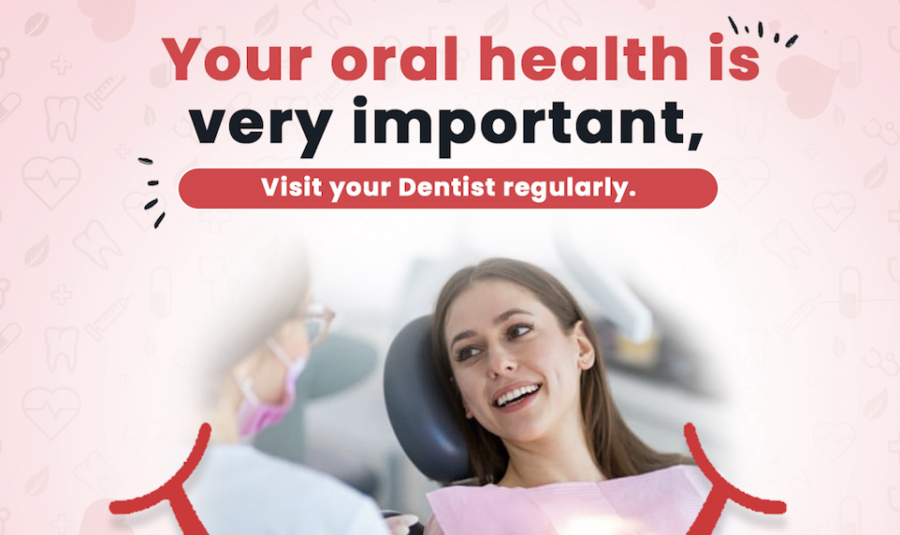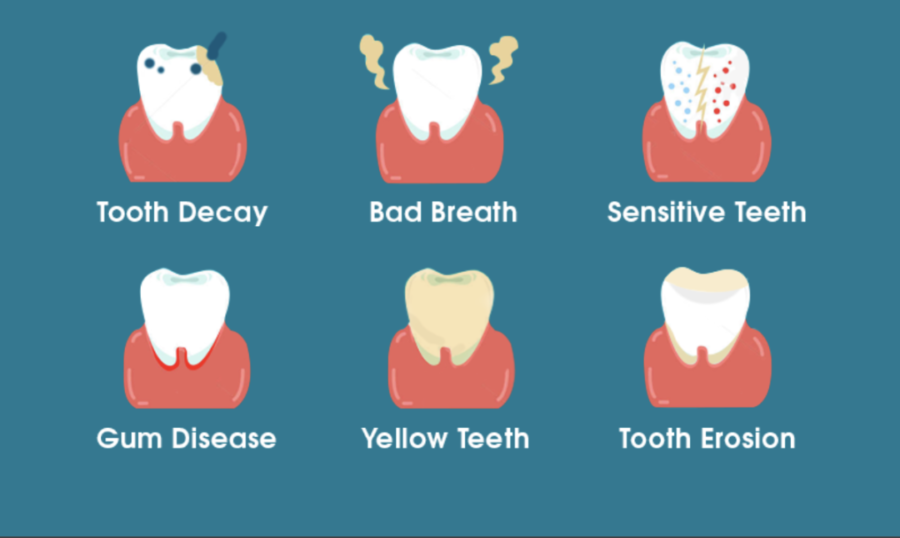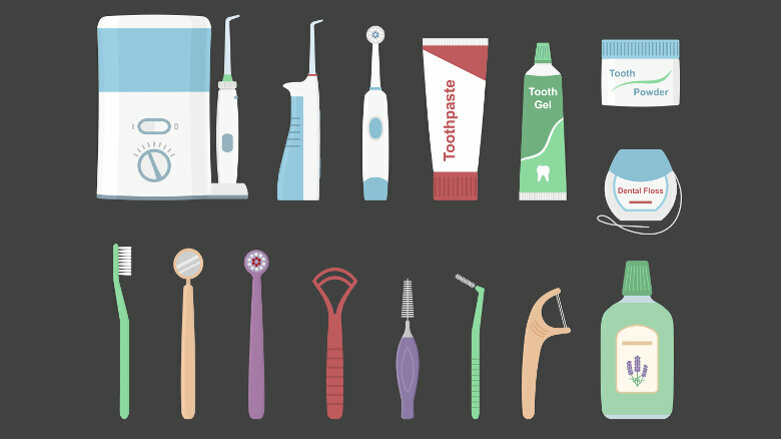World AIDS Day is an important reminder of the devastating impact of HIV/AIDS on the global population. As global health experts continue to search for a cure and find ways to prevent the spread of the virus, it is easy to overlook the role of oral health in helping to prevent the spread of this deadly virus. Good dental hygiene and regular dental check-ups are essential in the prevention and control of HIV/AIDS. Poor oral hygiene can lead to an increase in the spread of HIV through infected saliva during oral sex, and can also lead to an increase in the severity of HIV-related illnesses and infections. This World AIDS Day, let’s focus on the importance of oral health in the fight against HIV/AIDS and how it can help in its prevention.
The importance of good oral health
World AIDS Day is a good opportunity to remind people of the importance of good oral health. Whether you are HIV-positive or not, taking care of your teeth and gums is essential for your overall health. Bad oral health can lead to heart disease, diabetes, and stroke.

According to the Centers for Disease Control and Prevention (CDC), Poor oral health can increase your risk of infections, tooth decay, and damage to your gums and teeth. People with HIV have an increased risk of periodontal disease, which can lead to tooth loss. HIV can also cause gingivitis, which is a form of gum disease that can lead to tooth loss if left untreated.
How to maintain good oral health?
Brushing and flossing regularly: Brushing your teeth twice a day and flossing once a day is essential for maintaining good oral health. For people with HIV, brushing and flossing regularly may be even more important, as there are more pathogens in the saliva of people with HIV, which can lead to an increased risk of tooth decay and gum disease. Brushing and flossing regularly can help reduce your risk of tooth decay and gum disease by removing bacteria and plaque from your teeth and gums.
Mouthwash: You can also try other dental hygiene products, such as mouthwash or fluoride toothpaste, to help maintain good oral health.
Dentist visits: Visiting your dentist regularly for checkups and cleanings can help you spot and deal with oral health issues before they become serious.
Flossing regularly: It removes plaque that builds up between teeth and prevents the development of inflamed gums, cavities, and sores.
How HIV/AIDS affects oral health
HIV/AIDS can affect oral health, and people with HIV may be at increased risk of oral diseases. People with untreated HIV can have an increased amount of pathogens in their saliva, which can lead to an increased risk of periodontal disease and dental caries (tooth decay). There’s also an increased risk of developing oral cancers, especially in the oral cavity of people with untreated HIV. People with HIV also have an increased risk of gingivitis, a form of gum disease that can lead to tooth loss if left untreated.

HIV can also cause periodontal pockets (deeper areas between the teeth and gums), which can increase the risk of tooth loss and make it harder to maintain good oral health. Regular dental checkups can help catch and treat these oral diseases and infections as early as possible. A dentist can also help you find ways to manage your oral health and reduce your risk of tooth decay and gum disease.
Tips for HIV-positive people
Brush and floss regularly. Brush your teeth twice a day. And floss once a day to help remove bacteria and plaque from your teeth and gums.
Avoid excessive use of mouthwash. Mouthwash can help kill bacteria and prevent bad breath, but using it excessively can irritate your gums. Which can increase your risk of periodontal disease. If you do use mouthwash, make sure it’s non-alcoholic.
Visit the dentist regularly. Visiting the dentist every six months can help you catch any oral health issues early and reduce your risk of tooth decay and gum disease.
Avoid smoking and drinking. Quitting smoking and limiting your alcohol consumption can help reduce your risk of oral diseases and infections.
Get vaccinated. Getting vaccinated against hepatitis A and B can help reduce your risk of oral infections and tooth decay. Caused by the hepatitis A virus. You can also try using fluoride and other dental products to strengthen your teeth.
Conclusion
World AIDS Day is a great chance to promote awareness of the importance of good oral health. Taking care of your teeth and gums can help reduce your risk of tooth decay and gum disease. As well as other oral diseases and infections. Brushing and flossing regularly, visiting the dentist for regular checkups. And avoiding smoking and alcohol can help you maintain good oral health and keep your smile looking its best. However, without proper oral hygiene, bacteria can reach levels that might lead to oral infections, such as tooth decay and gum disease.






